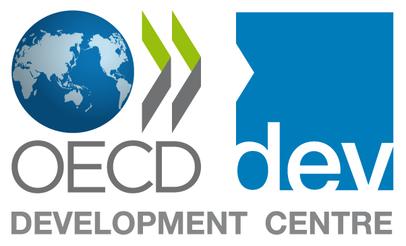Location
The OECD Development Centre was established in 1961 as an independent platform for knowledge sharing and policy dialogue between Organisation for Economic Co-operation and Development member countries and developing economies, allowing these countries to interact on an equal footing.
The Centre draws attention to emerging systemic issues likely to affect global development and more specific development challenges faced by today’s developing and emerging economies. It uses evidence-based analysis, and strategic partnerships, to help countries formulate innovative policy solutions to the global challenges of development.
Members:
Resources
Displaying 6 - 10 of 14OECD e-learning Academy on Responsible Business Conduct
The OECD e-learning Academy on Responsible Business Conduct (RBC) provides operating companies, investors and buyers with an opportunity to advance their knowledge on responsible business conduct and OECD risk-based due diligence.
Land, violent conflict and development
This paper looks at the dynamics of land and violent conflict. It states that conflict situations in rural societies deeply affect the politics of land, and that land requires a careful approach by policy makers because it is a central element in the evolution of societies. As a result, policies pertaining to land are not neutral in terms of conflict management.The paper argues that donors seeking to promote peace and development should tackle land issues in recipient countries more systematically, more carefully and in a more coherent manner.
Participatory Governance: The Missing Link for Poverty Reduction
Empowerment of the poor is one ingredient in effective poverty reduction. A demand-driven participatory approach enhances effectiveness and efficiency. Accountability is the central lever for participatory governance. Capacity building is necessary for making participatory governance a reality.
Towards Sustainable Development in Rural Africa
A growing recognition of the need to delimit the role of the government, to promote the market framework, and to rely on the private sector as the engine of growth, offers the prospect of a new beginning in rural development in Africa. Rural people must take a more dominant role, both in shaping their economic prospects and in assuming the responsibility for a high quality of stewardship of natural resources. To help to bring about such an empowerment of the people, governments and the donors will need to undertake some drastic reforms in the old systems and habits of governance.
Biotechnology and sustainable crop production in Zimbabwe
This case study of Zimbabwe has examined developments in biotechnology against the background of a well-developed national agricultural research, plant breeding and seeds system. It has then assessed the constraints to biotechnology research, technology development and diffusion in the light of the resources available and the technology transfer mechanisms in place for different groups of farmers.


